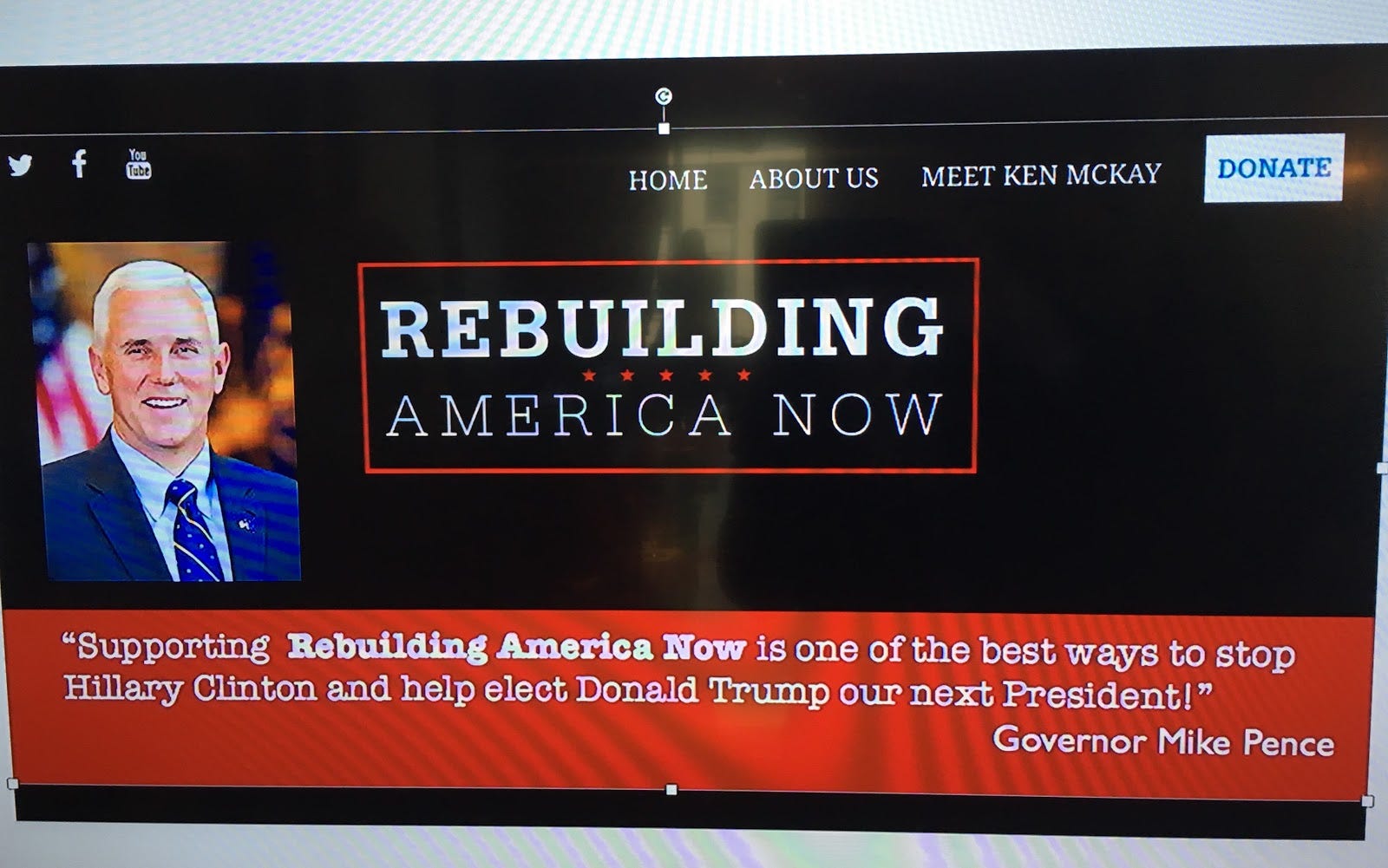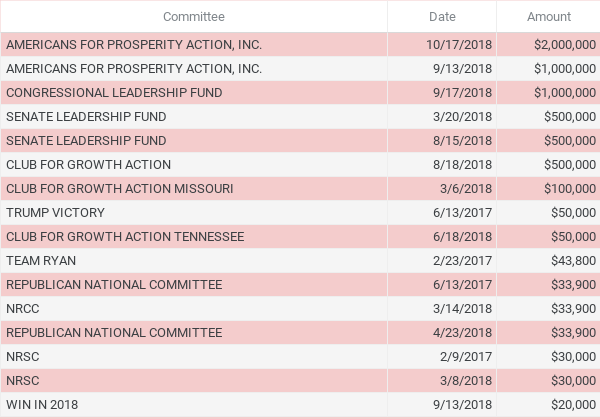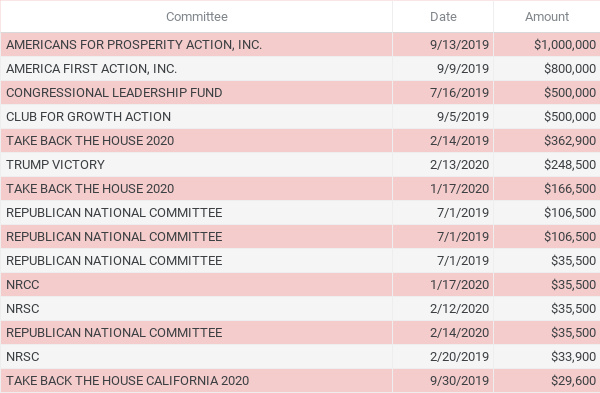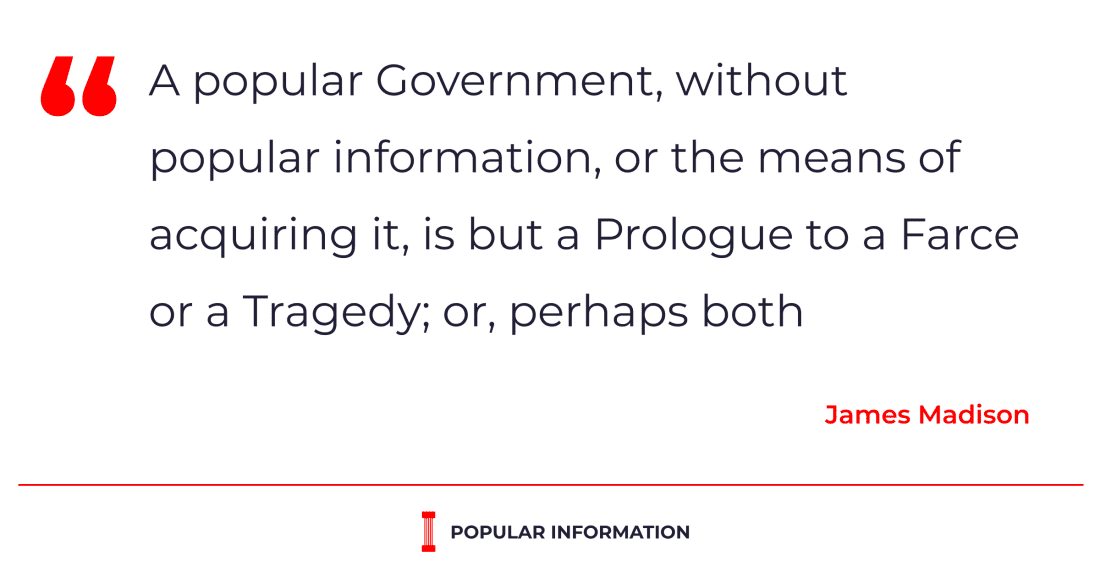 |
Photo by Artem Beliaikin
Meatpacking facilities are ideal environments for spreading COVID-19. Cramped facilities make social distancing virtually impossible, and the "pace and physical demands of processing work made adherence to face-covering recommendations difficult." A poorly-paid workforce is "incentivized to work while ill as a result of medical leave and disability policies and attendance bonuses that could encourage working while experiencing symptoms." And rampant consolidation means that many slaughterhouses have hundreds or thousands of employees under one roof.
Of the top 25 coronavirus clusters in the United States, six are slaughterhouses. (Most of the rest are jails and prisons.) A CDC survey released May 1 found that, across the country, there were 4,913 cases of COVID-19 at meat and poultry processing facilities, which have resulted in at least 20 deaths. These figures understate the scope of the problem since four states did not provide any data to the CDC, testing is not comprehensive, and some processing companies are reticent to report illnesses to state authorities. Multiple plants have closed, suggesting a serious outbreak, without disclosing the number of positive cases.
A tally conducted by the Midwest Center for Investigative Reporting has cataloged "6,300 reported positive cases tied to meatpacking facilities," including at least 30 deaths.
The danger extends to the broader community. Workers, who are often immigrants, "live in crowded, multigenerational settings and sometimes share transportation to and from work, contributing to increased risk for transmission of COVID-19 outside the facility itself."
In Delaware, there is a significant outbreak of COVID-19 in Sussex County connected to a Mountaire Farm's processing plant. Mountaire is one of the largest producers of chicken in the country. The union representing workers at the Mountaire facility in Selbyville, Delaware, UFCW Local 27, says there has been "upward of 40 cases" at the Mountaire facility. "The situation in Sussex County is a very serious one," Delaware Governor John Carney (D) said.
Late last month, Mountaire confirmed serious COVID-19 outbreaks in two facilities in North Carolina. At one facility in Chatham County, which has 1,580 employees, there are 11 confirmed cases of COVID-19. Another Mountaire facility in Robeson County has nine confirmed cases.
In an effort to control the outbreak, Piedmont Health and the North Carolina National Guard offered testing to symptomatic employees and their families at the Mountaire plant in Chatham County. That resulted in another 74 confirmed COVID-19 cases, which contributed a 53% increase in the county. Mountaire has since "stopped publicly confirming the number of positive cases at their plants."
In response to the outbreak, Trump has not mandated new protocols in meatpacking facilities to protect workers and the broader community. Instead, he's done the opposite. Trump invoked the Defense Production Act to designate "processors of beef, pork, and poultry" as "critical infrastructure during the national emergency."
Trump's move may allow these facilities to continue operating even if ordered to shut down by state or local health officials. And it will help protect meat processors from legal liability if their workers get sick or die.
Why is Trump doing this? Follow the money.
$2 million, when Trump needed it most
In August 2016, then-candidate Trump, trailing in the polls, was getting badly outspent by Hillary Clinton. The Republican establishment viewed Trump as a likely loser, and major donors were keeping their checkbooks closed.
Mountaire CEO Ron Cameron was an exception. On August 9, 2016, Cameron donated $2 million to Rebuilding America Now, a Super PAC formed to support Trump's candidacy. Cameron and his wife each donated $446,700, for a total of $893,400, to Trump Victory, the Trump campaign's joint fundraising committee.
While Trump initially derided Super PACs, Rebuilding America Now was co-founded by one of Trump's close friends, Tom Barrack, and viewed as the "official" Super PAC for the campaign. Trump and Pence ultimately agreed to headline fundraising events for the group.
 |
Rebuilding America Now raised more than $24 million, helping level the playing field with Clinton on TV and keep Trump competitive. Trump lost the popular vote and was only able to win a majority of the electoral college by a razor-thin margin. Would Trump have still won without Rebuilding America Now's support? It's impossible to say.
Cameron's $2 million donation to Rebuilding America Now made him the fourth largest donor to the organization. The group's top donor, Linda McMahon, was rewarded with a cabinet position.
Cameron pours millions into the 2018 mid-terms
Cameron's support of Trump and his agenda did not stop after Trump's inauguration. Cameron poured millions of dollars into supporting campaigns and committees devoted to electing Republican candidates in the 2018 midterms.
Cameron's largest donation, $4 million, went to Americans for Prosperity Action, a new Super PAC founded by the Koch brothers to support Republican candidates for the House and Senate. Overall, during the 2018 cycle, Cameron donated more than $6.6 million to dozens of Republican candidates, committees, and outside groups. Here are some of Cameron's biggest contributions during that time:
 |
Cameron's spending did not go unnoticed. On election night in 2018, Cameron was one of a handful of friends and allies invited to the White House to watch the returns with Trump.
The guests ate pizza, mini hotdogs, hamburgers and French fries served from elegant dishware.
Other Trump friends in attendance included Cleveland Cavaliers owner Dan Gilbert, investor Michael Milken, Continental Resources Inc. Chief Executive Officer Harold Hamm, Arkansas poultry magnate Ron Cameron and pastor Franklin Graham. Vice President Mike Pence and his wife, Karen, and Education Secretary Betsy DeVos also participated.
Cameron's invitation was "arranged by Nick Ayers, formerly Vice President Pence’s chief of staff."
Although the night did not go well for Trump and the Republicans, Cameron was undeterred. In November 2018, Cameron donated $150,000 to support the recount efforts of Rick Scott, the Republican Senate candidate in Florida. Scott ultimately secured a narrow victory over Democrat Bill Nelson.
As the Koch network sours on Trump, Cameron emerges as Trump champion
In early 2019, the Koch network — the largest source of funding in Republican politics — "told donors that it plans to once again stay out of the presidential race and will not work to help reelect President Trump in 2020."
Cameron objected, urging his fellow wealthy Republicans to back Trump.
Many donors have said they want the network to be more supportive of Trump, and officials fear they will divert some funds they would normally contribute through the network to pro-Trump groups, according to people familiar with the conversations.
Among those who objected to the decision to withhold support from the president was Arkansas poultry executive Ron Cameron, a strong Trump ally, according to people familiar with his reaction.
With Trump facing a difficult reelection, Cameron's financial and political support is more important than ever.
Cameron all-in for Trump 2020
With six months until election day, Cameron is emerging as an even bigger player in the 2020 cycle. He has already donated more than $4.5 million to Republican candidates, committees, and outside groups. This includes over $1 million that directly supports Trump, including $800,000 to America First Action, Trump's new "official" Super PAC, and hundreds of thousands more to Trump Victory and the Republican National Committee.
 |
Last month, Trump named Cameron to a White House advisory group on reopening the country.
The need for speed
The COVID-19 pandemic has made poultry processing even more dangerous, but it has also increased the demand for chicken. Mountaire has tried to capitalize on the demand. In North Carolina, it started selling frozen chicken directly to the public in bulk.
The processing speed of poultry facilities is regulated by the federal government to protect worker safety. But in April, the Trump administration granted a waiver the Mountaire facility in Robeson, North Carolina, that allows it to process up to 175 birds per minute. Waivers were also granted to facilities owned by Tyson Foods, Wayne's Farms, and George's Processing.
The waiver allows Mountaire to produce more chicken and make more money, but it also makes the work far more dangerous. In the context of a pandemic, it makes it more difficult for workers to follow safety precautions.
Winners and losers
Trump's actions have benefited Cameron, allowing him to maximize profits and meet demand. But it has come at the expense of Mountaire's workers. A significant number of Mountaire's workforce are Latino immigrants who are "contract workers" and not employed directly by the company.
Mountaire has taken limited steps to protect its full-time employees, including "paid sick leave, relaxed attendance requirements and hazard pay." But those benefits, according to the News & Observer, have not been extended to contract workers, who "do not receive paid sick leave and can be fired after missing 10 days of work even if they're sick."
The problems at Mountaire's plants are exacerbated because, according to Robeson County Health Director Bill Smith, many of these workers "live in smaller homes with large families." Mountaire will not say "whether the reported cases are solely plant employees or contract workers, or if company is reporting cases of sick contract workers."
Even benefits provided to Mountaire's full-time workers are structured to incentivize employees to report to work regardless of how they are feeling. Mountaire's "paid sick leave" policy provides "five sick days without a doctor’s note between April 1 and May 30, paid at 60 percent of their hourly rate." Workers who don't use their sick leave "will be paid a bonus in June."
The structure of this policy goes explicitly against the recommendations of the CDC's May 1 report. The CDC advises companies to "provide additional medical leave and disability benefits without loss of seniority or pay" and "remove financial incentives, such as attendance bonuses."
But the safety of Mountaire's immigrant workforce appears to be of little concern to Trump. He is focused on his reelection and the money he'll need to win.
There are no advertisers or wealthy donors behind Popular Information. This publication exists because of readers like you. Support independent accountability journalism with a paid subscription.
Thanks for reading!
 |

